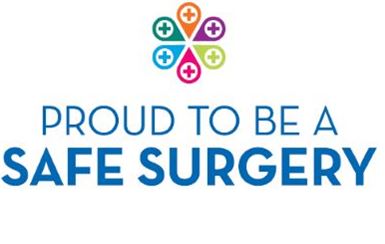When you are young, your parents are usually involved in your healthcare. They may make decisions for you, and speak to health workers on your behalf. However, as you get older, you have more rights. You can decide if you want your parents to be involved or not. This information explains your rights once you are thought to be old enough to make your own decisions about your healthcare information.
Patients under the age of 16 should normally be accompanied by an adult when seeing a clinician or collecting medicines. However, under certain circumstances, patients below this age may be seen by a doctor, for example, if parents know that the child is at the surgery. Young people may also see a clinician without parental knowledge i.e. to discuss sexual health matters, including contraception.
Who is this information for and what’s it about?
This is for anyone under 16. It explains that anyone who looks after your health must keep information about you private. This may be doctors, nurses, pharmacists or other health workers.
On this page, you will find information on how things work in the general practice, not other organisations such as your school or other services. If you talk to a clinician about something personal, they must keep this information confidential, even if you are under 16. This could include things like:
Feeling Down
Relationships
Contraception
Sometimes clinicians may need to share information about you to provide the best care. They may share information about you with other healthcare professionals who are looking after you – such as those at another hospital or clinic if you have agreed to be referred there. This helps make your care safer, easier, and quicker.
They will only share information necessary to provide you with the best care. If there are specific details things that you don't want to be shared, let the clinician know. If they believe you are at risk of serious harm or in danger, they may have to tell another adult about it to be able to help you. Even then, they should tell you they are going to do this and explain who they will tell and why.
Sometimes the law allows the NHS to share information about you without you agreeing to it but only in very serious situations, such as when you have an illness that poses a risk to others, like meningitis.
What does NHS England have to say?
Children and young people (CYP) up to 18 years old make up one-fifth of the UK’s population. Improving their health and wellbeing is an investment in future generations and the prosperity of this country. NHS ambitions for improving the health and wellbeing of children and young people in England are wide ranging and you can read about the programmes here.

